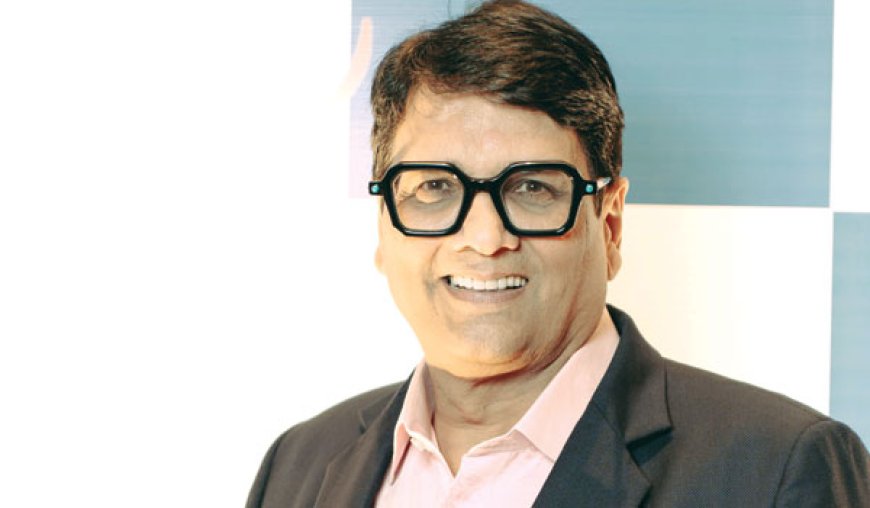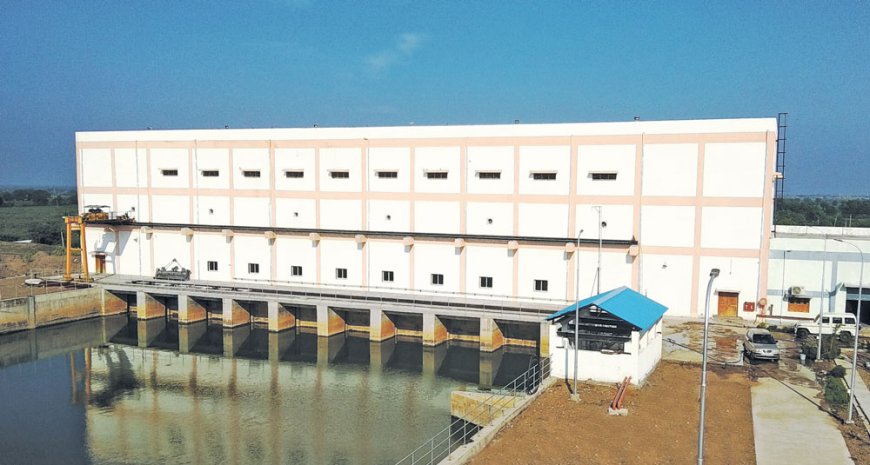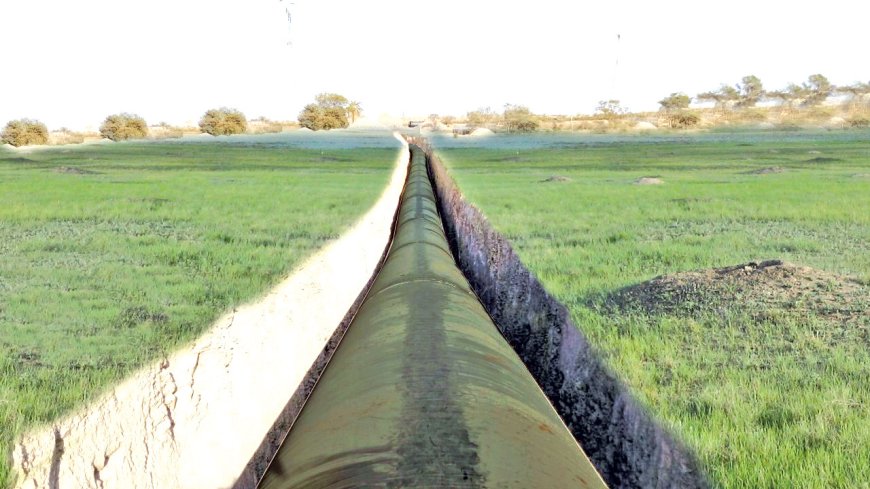Technological Innovations Reshaping Water Projects.

What are the current trends in the construction industry that you find most impactful? How has the industry evolved over the last decade, and how has your company adapted to these changes?
Over the last decade, India’s construction industry has experienced significant evolution, with an annual growth rate of 7-8%. By 2025, it is expected to reach USD 1.4 trillion, making India the third-largest construction market globally. The sector employs around 32 million workers and contributes 9% to India’s GDP, highlighting its vital role in the economy.
This transformation is fueled by innovative technologies, sustainable practices, and evolving market dynamics. Digitization has indeed been one of the most impactful trends in the construction industry. Digital advancements like Building Information Modelling (BIM), project management software, and IoT devices have revolutionized project planning, execution, and monitoring. These tools have boosted efficiency, minimized errors, and enhanced stakeholder collaboration, reshaping the industry’s landscape.
At SPML Infra Limited, we have embraced digital transformation across our project management processes, significantly improving project timelines and financial outcomes. Some of our key implementations include, SAP business suite ‘HANA’ for financial and process control, ‘Wrench’ for digitizing operations and engineering documents, and ‘DarwinBox’ for personnel management, apart from other technological interventions.
In our water projects, modern management systems and automation have enhanced real-time communication and stakeholder collaboration, enabling better control over challenging situations. We are optimistic about how evolving technology will further enhance our project execution capabilities and drive future growth. Our commitment to technological advancement positions us to meet the dynamic demands of the infrastructure sector efficiently and effectively.

What types of infrastructure projects does your company specialize? Can you list some of your most notable projects completed in the last five years?
SPML Infra Limited is a leading infrastructure development company in India, specializes in building water infrastructure and management. Recognized by Global Water Intelligence as one of the World’s Top 50 Private Water Companies, SPML has a rich legacy spanning over four decades, with more than 650 completed projects nationwide. A key achievement includes providing clean drinking water to over 50 million people in India.
In the past five years, we have completed over a dozen water supply, power transmission, and substation projects across various states. Notable projects include a part of Sauni Yojana Link 1 Phase 4 in Gujarat, which involved laying a 3000 mm diameter MS pipeline over 36.6 kilometers. This extensive project aims to divert one million acre-feet (1 MAF) of water to 115 reservoirs through a 1,115-kilometer pipeline network, irrigating 1.8 million hectares of land and providing drinking water to 39 million people across 132 towns and 11,456 villages in Gujarat. We have completed several rural water supply projects in Rajasthan, meeting the drinking water needs of around two million people across many districts. Our water loss management project in Bengaluru has significantly conserved precious resources, saving around 55 million litres of potable water daily within the project area comprising 43 DMAs. We have successfully reduced water loss from 53% to 18%, underscoring the positive impact of SPML Infra’s technology-supported approach.
We have also successfully completed power transmission, distribution, and substation projects in Haryana, Jharkhand, Tripura, and West Bengal. Two significant rural electrification projects in the Patna and Gaya districts of Bihar connected over 600,000 rural households to electricity.
How do you handle project challenges such as weather conditions, terrain difficulties, and regulatory issues?
We have executed several large and complex projects impeccably, leveraging our expertise and knowledge to overcome various challenges. To counter adverse weather conditions, we use specialized weather-resistant machinery, equipment, and materials, incorporate buffer time into project timelines to account for weather-related delays, and enforce strict guidelines for working in extreme weather conditions. We utilize advance weather prediction tools to anticipate potential disruptions.
Most of our pipeline projects are executed in difficult terrain areas. We conduct detailed geological and topographical studies before project commencement to develop customized engineering solutions tailored to unique terrain challenges. Specialized machinery and equipment designed for difficult terrains, along with an experienced team of engineers and workers, ensure the successful execution of these projects. We have robust compliance management system to ensure adherence to all applicable regulations, keeping our team members well-versed in all regulatory requirements. SPML Infra fosters a corporate culture of flexibility, support, and problem-solving, enabling us to address unforeseen challenges swiftly.

What are the key types of equipment you use for construction of water infrastructure?
Our project construction relies on a diverse array of specialized equipment to efficiently complete various tasks. At the heart of these projects are excavation and earth-moving machines such as backhoes, excavators, bulldozers, and dump trucks, which are essential for site preparation and trenching. These heavy-duty vehicles work in tandem with compaction equipment like rollers and plate compactors to ensure a stable foundation for water infrastructure.
Drilling equipment plays a crucial role in pipeline installation. Horizontal drilling machines allow workers to install pipes with minimal surface disruption. Once pipes are ready to be laid, pipe layers and fusion machines come into play, ensuring proper placement and connection of water distribution systems. Pumping equipment forms the backbone of water distribution in these projects. Submersible pumps, centrifugal pumps, and positive displacement pumps are used to transfer water from sources to treatment facilities and throughout distribution networks. In tandem with pumps, water treatment equipment such as filtration systems, disinfection units, and clarifiers work to ensure water quality meets required standards.
Concrete work is often necessary for constructing reservoirs, treatment plants, and other structures. Concrete mixers, pumps, and vibrators are employed to create durable infrastructure that can withstand the pressures of water storage and movement. Cranes and other lifting equipment assist in the placement of heavy components and materials throughout the construction site.
What technological advancements in construction equipment have significantly impacted your projects?
Technological advancements have revolutionized project construction, significantly enhancing efficiency, safety, and sustainability. A major advancement is the integration of GPS and machine control systems, which enable precise execution, reducing errors
and improving overall efficiency. Trenchless technologies, such as horizontal directional drilling minimize surface disruption, especially in urban and environmentally sensitive areas.
Advanced pumping systems with smart controls optimize energy use and operational efficiency. Drones provide high-resolution imagery and 3D modelling, aiding in better planning, monitoring, and safety. Building Information Modelling (BIM) software allows for detailed 3D modelling, improving project coordination and reducing on-site conflicts.








